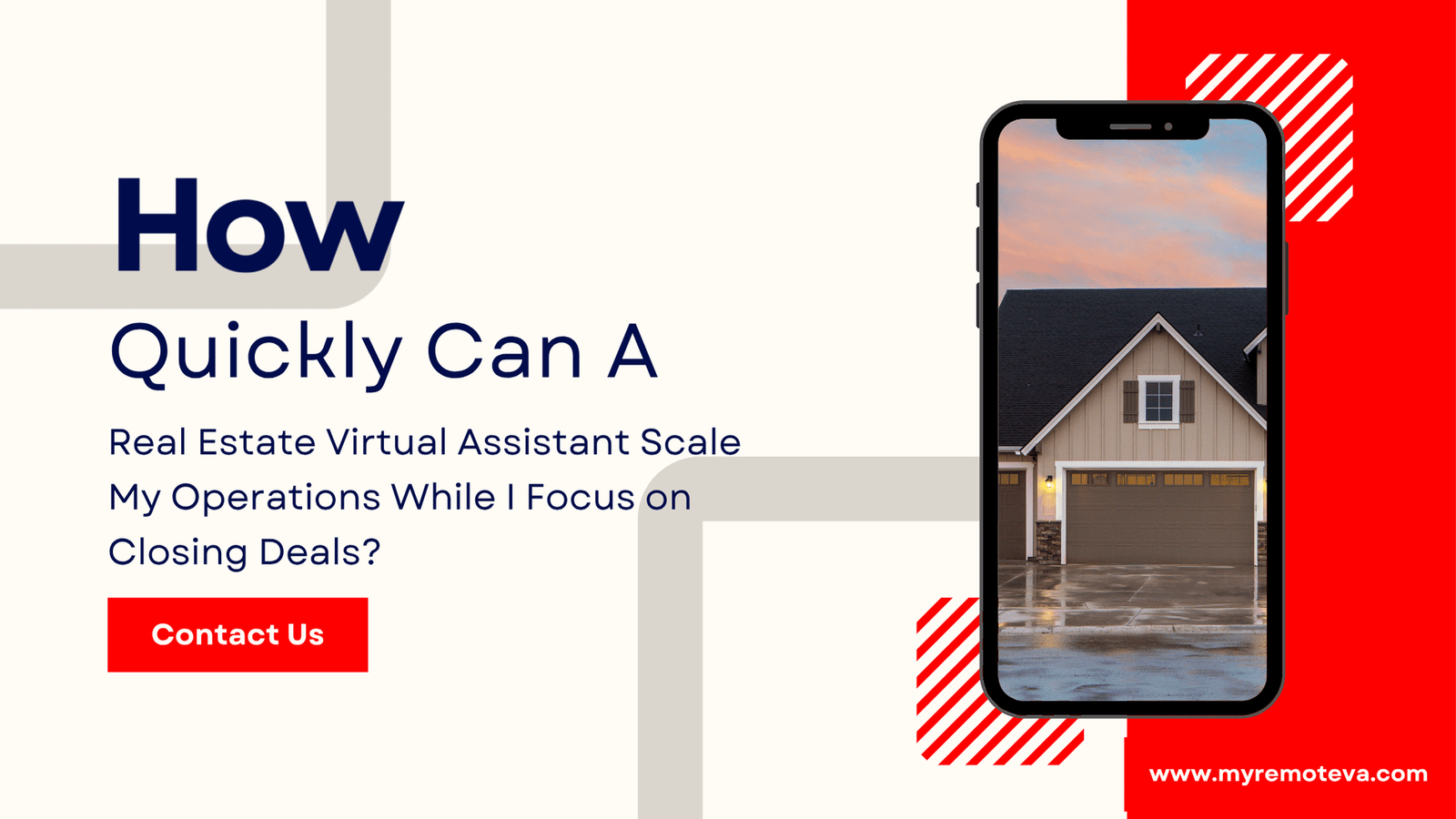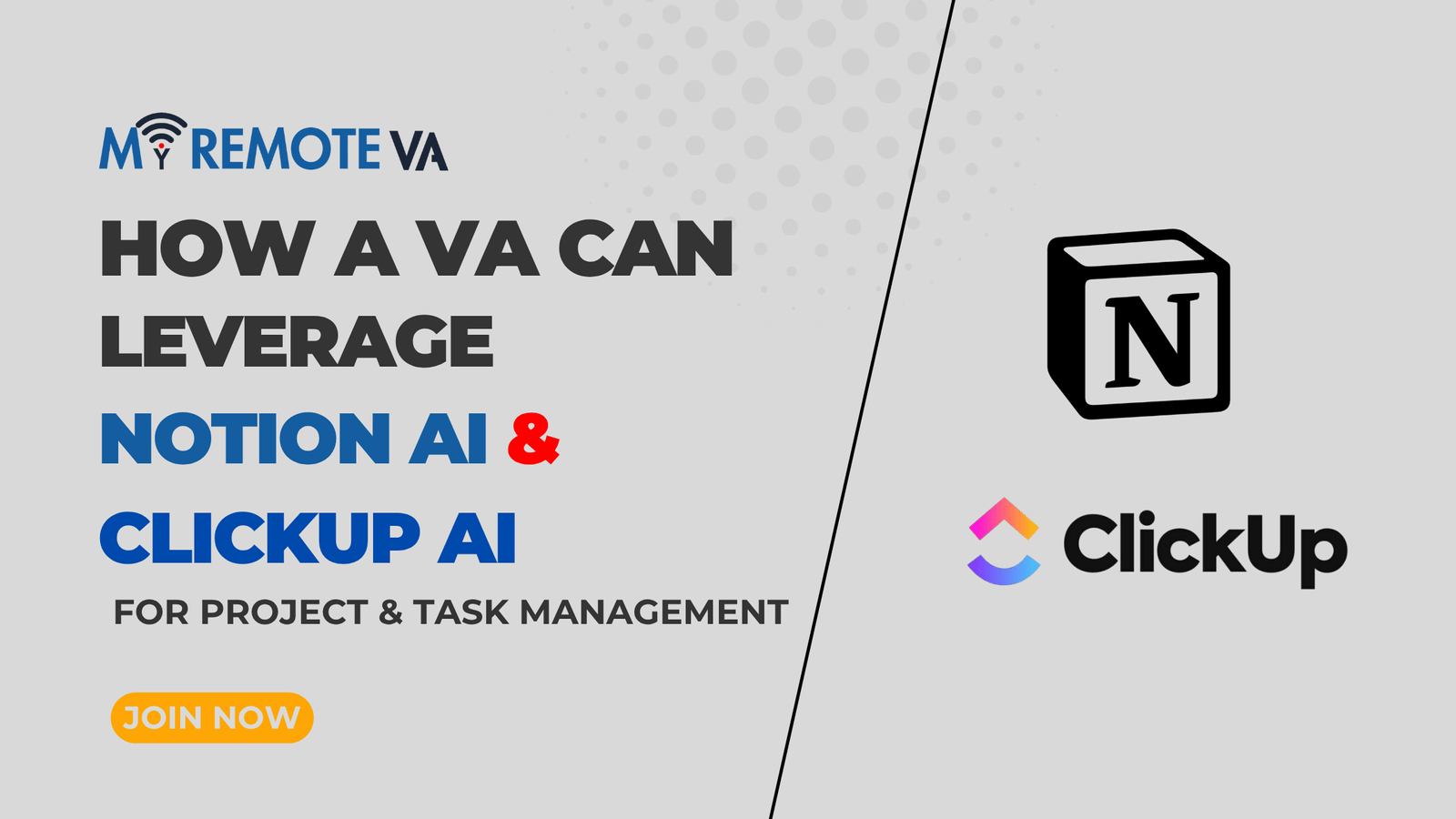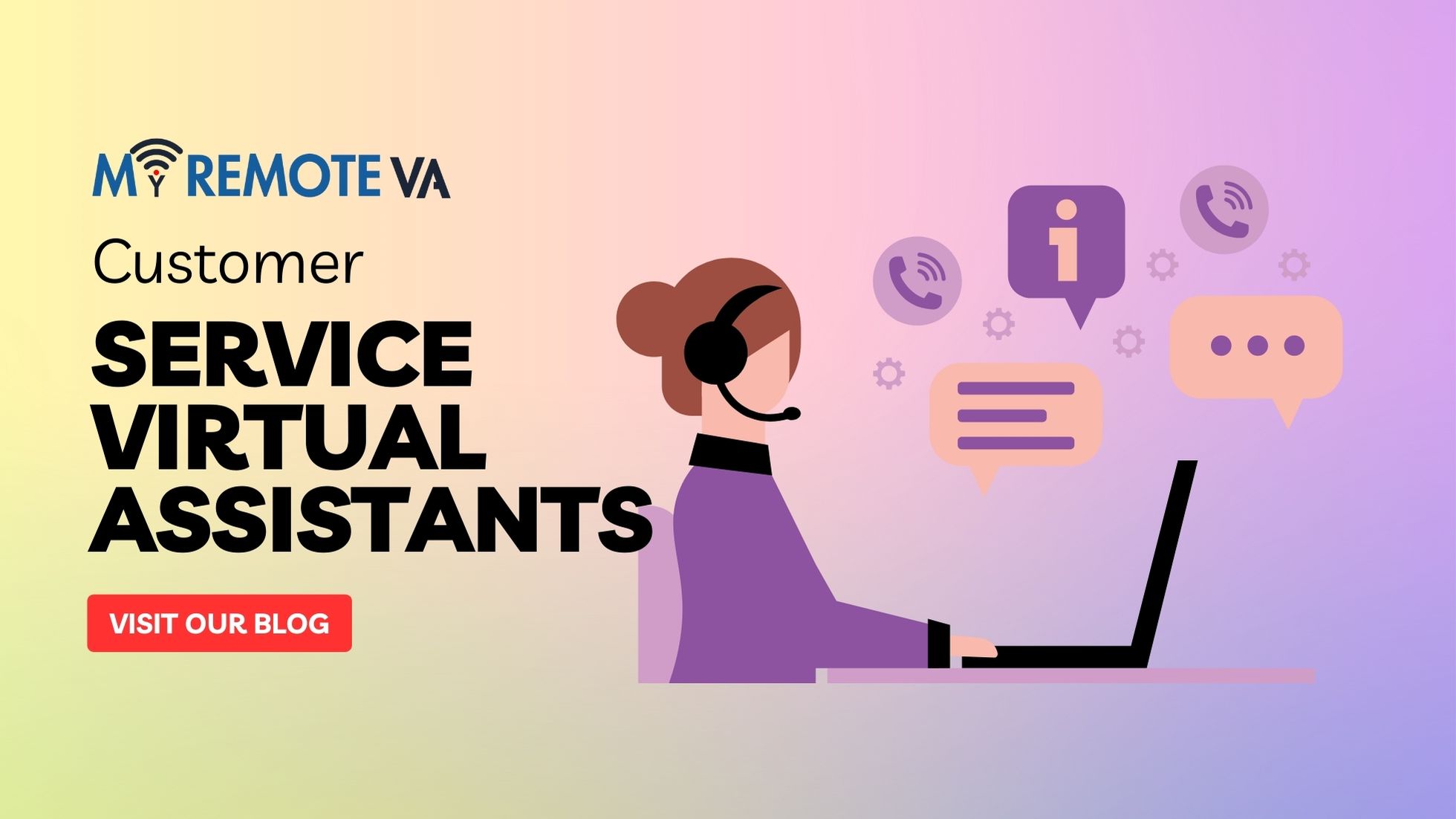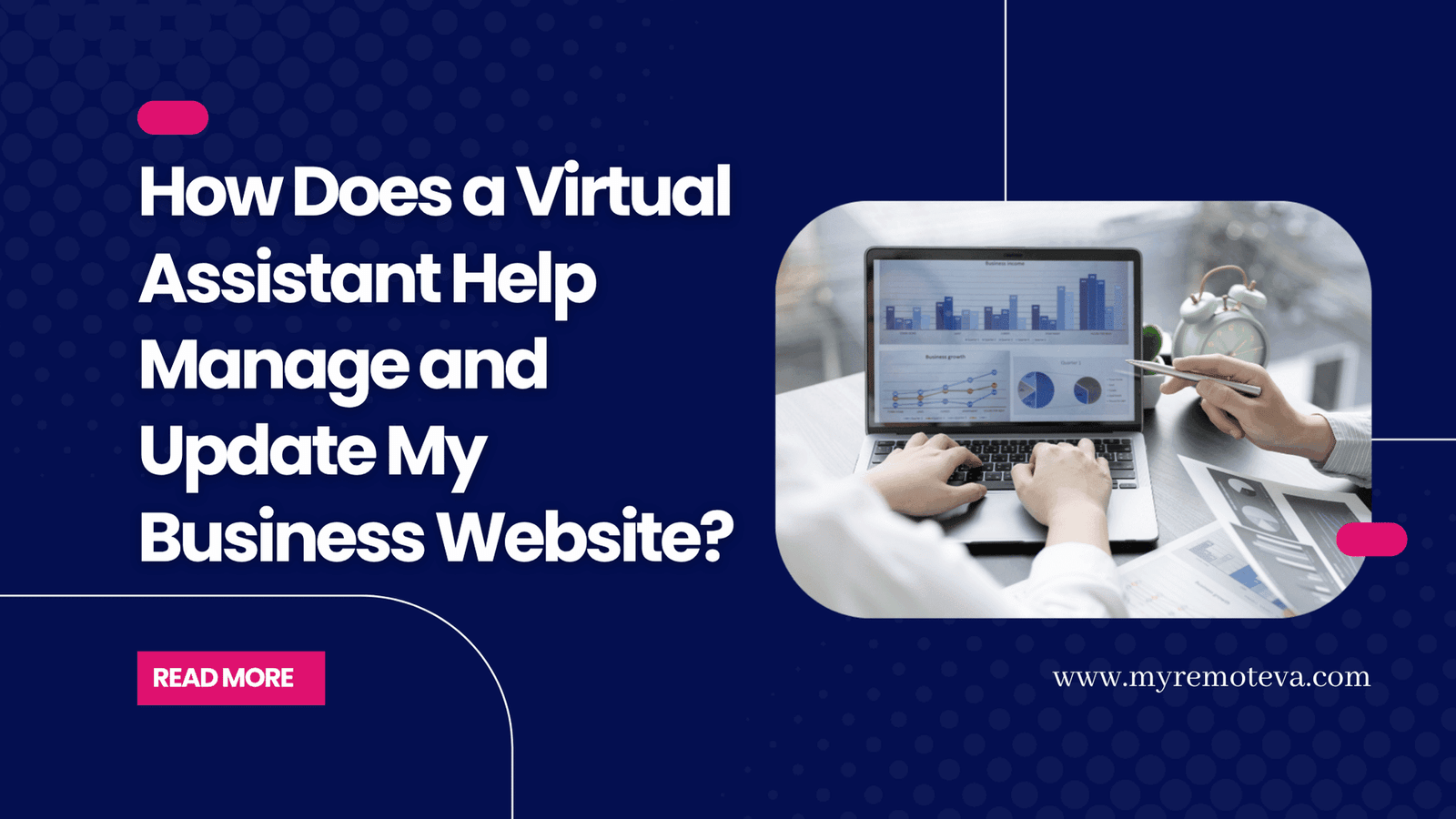One of the biggest advantages of hiring a real estate virtual assistant (VA) is their ability to rapidly scale your operations. The speed at which you see results depends on a few key factors:
- Understanding the Scaling Potential with a Real Estate VA
- Factors Affecting the Speed of Scaling
- Timeline for Seeing Results: A Realistic Expectation
- Recent Market Signals and Their Impact on Scaling
- Choosing the Right Real Estate VA for Optimal Scaling
- Maximizing the Impact of Your Real Estate VA
- FAQ: Real Estate Virtual Assistant Scaling
- General Questions: Scaling with a Real Estate Virtual Assistant
- Scaling Specific Questions: How Fast Can a VA Impact Your Deal Flow?
- Market-Specific Questions: Scaling Your Real Estate Operations with a VA
- Getting Started with a Real Estate Virtual Assistant: Scaling Your Operations Fast
- Your Specific Needs and Preparedness: How well-defined are your processes? Have you identified the tasks you want to delegate? The clearer you are about your needs, the faster a VA can get up to speed.
- The VA’s Experience and Skillset: A VA with prior real estate experience, especially in the tasks you need help with, will naturally ramp up faster than someone new to the industry.
- The Onboarding Process: A smooth and efficient onboarding process is crucial. This includes providing necessary training, access to systems, and clear communication of expectations.
- The Complexity of the Tasks: Simple administrative tasks can be handled almost immediately. More complex tasks, such as lead generation or property marketing, may require a longer learning curve.
In many cases, you can expect to see a positive impact within the first few weeks. For example, a VA can begin managing your calendar, handling client inquiries, and updating your CRM almost immediately, freeing up your time to focus on closing deals. Over time, as the VA becomes more familiar with your systems and processes, they can take on more complex tasks, leading to even greater efficiency gains.
Flexible Plans for Scalable Support
To facilitate rapid scaling, various virtual assistant service models are available. Some platforms offer curated Hourly Monthly Plans, such as 5, 10, 20, or 30 hours per month, allowing you to test the waters and gradually increase your delegation as needed. Alternatively, Dedicated Plans, offering 80 or 160 hours per month, or even multi-VA setups, can provide a more comprehensive and immediate boost to your operations if you have significant needs. Some even offer a “Forever Free” plan allowing for some hours to get started and comfortable with the system.
The key is to choose a VA and a service model that aligns with your specific requirements and allows for flexibility as your business grows. This will enable you to quickly scale your operations and maximize your time spent closing deals.
Understanding the Scaling Potential with a Real Estate VA
For real estate professionals, time is money. Every hour spent on administrative tasks, marketing, or lead generation is an hour you’re not spending closing deals. A Real Estate Virtual Assistant (VA) can significantly impact your ability to scale your operations and focus on revenue-generating activities.
How Quickly Can You Expect to See Results?
The speed at which you see tangible results from a Real Estate VA depends on several factors, including:
- The complexity of the tasks delegated: Simple administrative tasks can be offloaded and handled effectively almost immediately. More complex tasks, like managing marketing campaigns or creating listing presentations, may require a slightly longer onboarding and training period.
- The VA’s skill set and experience: A VA with prior experience in the real estate industry will naturally be able to adapt more quickly and require less training.
- Your communication and onboarding process: Clear communication, well-defined processes, and effective training are crucial for a smooth and rapid integration of your VA.
- The time commitment you dedicate to the VA: While the goal is to free up your time, an initial investment in setting clear expectations and providing necessary resources will pay dividends in the long run.
Typically, you can expect to see a positive impact within the first few weeks. Initially, the VA can handle urgent administrative tasks, freeing up your time for client meetings and negotiations. Within a month or two, with proper training and communication, the VA can take on more complex tasks, leading to significant improvements in your overall efficiency and allowing you to pursue more deals.
Areas Where a Real Estate VA Can Immediately Impact Your Business
Here are some areas where a Real Estate VA can provide immediate support and boost your scaling efforts:
- Administrative Tasks: Managing your calendar, scheduling appointments, handling emails, and data entry.
- Marketing Support: Creating and scheduling social media posts, designing marketing materials, and managing online advertising campaigns.
- Lead Generation: Researching potential leads, qualifying leads, and scheduling initial consultations.
- Transaction Coordination: Assisting with paperwork, coordinating inspections, and communicating with clients throughout the closing process.
- Client Communication: Responding to inquiries, providing updates, and building rapport with clients.
By delegating these tasks to a skilled VA, you can reclaim valuable time and energy, allowing you to focus on your core competencies: closing deals and growing your real estate business.
Factors Affecting the Speed of Scaling
The speed at which a real estate virtual assistant (VA) can scale your operations while you concentrate on closing deals depends on several key factors. It’s not a one-size-fits-all answer, as each real estate business has unique needs and complexities.
1. Clarity of Defined Roles and Responsibilities
The clearer you are about what tasks you’re delegating to the VA, the faster they can become productive. Vague instructions or a lack of defined processes will slow down the initial onboarding and training period. For instance, if you need help with lead generation, specify which platforms to use, the target demographic, and the desired outcome. Are you wanting the VA to handle admin, tech, customer support, marketing, creative tasks, or executive work? The clearer these specifications, the quicker you can start scaling.
2. Level of VA’s Experience and Skill Set
An experienced real estate VA with a strong understanding of the industry and the specific tools you use (e.g., CRM software, MLS) will naturally scale faster than someone with limited knowledge. While a general VA can handle basic administrative tasks, a specialized VA might be better suited for complex tasks like transaction coordination or marketing campaign management. The level of experience directly impacts the learning curve and the time it takes for the VA to independently manage assigned responsibilities.
3. Quality of Onboarding and Training Provided
Even a highly skilled VA will need proper onboarding to understand your specific systems, processes, and preferred communication style. Investing time upfront in comprehensive training will pay dividends in the long run. Providing clear documentation, step-by-step guides, and ongoing support will help the VA quickly adapt and contribute effectively. If you want the VA to handle tasks like appointment scheduling, or preparing marketing materials, be sure to provide the necessary information and training on your preferred methods.
4. Complexity of Tasks Delegated
The more complex the tasks delegated, the longer it will take for the VA to become proficient. Starting with simpler, repetitive tasks allows the VA to build confidence and familiarity with your operations before tackling more challenging responsibilities. Gradually increasing the complexity of tasks allows for a more sustainable and efficient scaling process.
5. Communication and Feedback Mechanisms
Open and consistent communication is crucial for effective collaboration. Regularly providing feedback on the VA’s performance allows them to quickly identify areas for improvement and adjust their approach accordingly. Establishing clear communication channels and scheduling regular check-ins will facilitate a smoother scaling process. Clear communication also includes defining key performance indicators (KPIs) that define success for the role of the VA.
6. Availability of Resources and Tools
Ensure the VA has access to all the necessary resources and tools to perform their duties effectively. This includes access to your CRM, marketing platforms, project management software, and any other relevant systems. Providing the VA with the right tools from the outset will eliminate potential roadblocks and accelerate the scaling process.
Timeline for Seeing Results: A Realistic Expectation
One of the biggest questions real estate professionals have when considering a virtual assistant (VA) is: “How quickly will I see a return on my investment?” The answer depends on several factors, including the VA’s experience, the complexity of the tasks you delegate, and how well you onboard and train them.
Initial Setup & Onboarding (Week 1-2)
Don’t expect immediate miracles. The first couple of weeks are typically focused on onboarding and training. This includes familiarizing your VA with your processes, tools, and preferred communication style. You’ll need to invest time upfront to ensure they understand your business and expectations. This period also allows you to assess their skill set and identify areas where they might need further training or support.
Early Impact & Task Stabilization (Week 3-4)
By weeks 3 and 4, you should start seeing some initial impact. Simple tasks, like data entry, appointment scheduling, and basic lead generation, should be handled efficiently, freeing up your time. This is when you can gauge their understanding of core tasks and address any initial challenges. Expect to still provide guidance and monitor their work closely during this phase.
Scaling & Increased Efficiency (Month 2+)
After the first month, your VA should be operating with greater autonomy. You can start delegating more complex tasks, such as managing social media, creating marketing materials, or assisting with transaction coordination. This is where you’ll see the real benefits of delegation as you focus on closing deals and growing your business. The more effectively you integrate your VA, the faster you will scale.
Factors Affecting the Timeline
Keep in mind that the timeline can vary depending on:
- The VA’s Skill Set: A VA with prior real estate experience will likely require less training and be able to contribute more quickly.
- Task Complexity: Simpler tasks will yield faster results than more complex ones that require specialized knowledge.
- Your Onboarding Process: A well-structured onboarding process with clear instructions and expectations will significantly accelerate the learning curve.
- Communication & Feedback: Regular communication and constructive feedback are crucial for ensuring the VA stays on track and adapts to your needs.
Realistically, expect to see tangible results within the first month, with significant scaling opportunities emerging after two months. By consistently communicating with your VA, providing clear expectations, and delegating tasks appropriately, you can maximize their impact and reclaim valuable time to focus on your core business activities.
Recent Market Signals and Their Impact on Scaling
The real estate market is a dynamic landscape, and recent signals suggest a shift towards operational efficiency. As interest rates fluctuate and inventory levels adjust, the ability to adapt quickly is more critical than ever. This is where a real estate virtual assistant (VA) can significantly accelerate your scaling efforts, allowing you to capitalize on opportunities while mitigating risks.
One key signal is the increasing demand for personalized client experiences. Buyers and sellers expect tailored service, which can be resource-intensive. A VA can handle tasks like personalized follow-up emails, scheduling showings, and managing client communication, freeing you to focus on building rapport and closing deals. This allows you to serve more clients effectively without sacrificing quality.
Operational Efficiency Drives Growth
Another market trend is the emphasis on data-driven decision-making. Analyzing market data, tracking leads, and creating reports can be time-consuming. A VA with the right skills can handle these tasks, providing you with the insights you need to make informed decisions about pricing, marketing, and investment strategies. This proactive approach to market analysis allows you to stay ahead of the curve and identify emerging opportunities.
How a VA Addresses Market Demands
Consider these points regarding how market changes translate to VA roles:
- Increased need for lead generation: Market competition is fierce, making lead generation a priority. A VA can manage your online presence, run targeted ad campaigns, and engage with potential clients on social media, expanding your reach and generating valuable leads.
- Greater emphasis on customer service: Building strong relationships with clients is crucial for long-term success. A VA can handle customer inquiries, provide timely updates, and address concerns, ensuring a positive client experience that fosters loyalty and referrals.
- Demand for efficient transaction management: Streamlining the closing process can save time and reduce errors. A VA can manage paperwork, coordinate with escrow companies, and track deadlines, ensuring a smooth and efficient transaction for all parties involved.
By leveraging the skills of a real estate VA, you can address these market demands effectively, scale your operations strategically, and focus your time and energy on what matters most: closing deals and growing your business.
Choosing the Right Real Estate VA for Optimal Scaling
The speed at which a real estate virtual assistant (VA) can scale your operations depends significantly on several factors. These include the VA’s skills and experience, the complexity of the tasks you delegate, and the clarity of your processes. However, finding the right VA is the most critical element to achieving rapid and effective scaling. A mismatch in skills or communication styles can significantly slow down progress.
Key Considerations for Rapid Scaling with a Real Estate VA:
- Skillset Alignment: The VA’s skill set needs to match your specific needs. Are you primarily looking for help with lead generation, property management, marketing, or administrative tasks? A VA with experience in your desired areas will be able to contribute much faster. For instance, a VA skilled in graphic design and social media marketing can quickly revamp your online presence and create targeted ad campaigns.
- Process Documentation and Training: The more clearly you define your processes and the better you train your VA, the faster they can become productive. Create step-by-step guides, provide access to necessary software and resources, and be available for questions. A well-documented process eliminates ambiguity and minimizes delays.
- Communication and Collaboration: Clear and consistent communication is vital. Establish regular check-ins to review progress, address challenges, and provide feedback. Tools like project management software and instant messaging can facilitate seamless collaboration.
- Task Complexity: Start by delegating simpler, repetitive tasks to build the VA’s confidence and allow them to learn your systems. As they become more proficient, you can gradually assign more complex responsibilities.
When evaluating VA options, consider their experience working with real estate professionals. Look for VAs who understand the unique challenges and opportunities of the industry. Do they understand real estate terminology? Are they familiar with common real estate software platforms? The more industry-specific knowledge they possess, the quicker they can integrate into your workflow.
Ultimately, selecting the right VA is an investment. A skilled and well-trained VA can quickly free up your time, allowing you to focus on closing deals and growing your business. The upfront investment in training and clear communication will pay off handsomely in terms of increased productivity and accelerated scaling.
Maximizing the Impact of Your Real Estate VA
The speed at which a real estate virtual assistant (VA) can scale your operations depends on several factors, but the core principle remains: a well-integrated VA frees you to focus on closing deals, directly impacting your revenue. Think of it as strategic leverage. The more you delegate effectively, the more time you have to do what you do best: close deals.
Factors Influencing Scaling Speed
- Clarity of Roles and Responsibilities: A VA’s impact accelerates when their responsibilities are clearly defined and they receive proper training. If tasks are vague or require constant hand-holding, scaling will be slower. Conversely, clearly defined processes allow the VA to quickly become autonomous.
- The VA’s Skillset and Experience: An experienced VA with real estate knowledge will naturally scale faster than one requiring extensive training. Look for VAs with proven track records in similar roles.
- Task Complexity: Simple, repetitive tasks (like data entry or scheduling) can be delegated immediately and scaled rapidly. More complex tasks (like market research or lead generation) may require a ramp-up period.
- Communication and Feedback: Regular communication and constructive feedback are crucial. VAs learn and adapt more quickly when they understand your expectations and receive consistent guidance.
- Effective Onboarding: A structured onboarding process, including introductions to your systems and processes, is essential for a quick start.
Potential Areas for Rapid Scaling
Here are some areas where a real estate VA can quickly contribute to scaling your business:
- Administrative Tasks: Managing your calendar, scheduling appointments, and handling email correspondence.
- Marketing Support: Creating social media posts, managing email marketing campaigns, and updating website content.
- Lead Generation: Prospecting for leads, conducting initial screening, and managing your CRM.
- Transaction Coordination: Assisting with paperwork, coordinating inspections, and communicating with clients.
- Customer Support: Answering client inquiries, providing property information, and scheduling showings.
Realistically Assessing Timelines
While immediate impact is possible, expect a gradual acceleration. In the first week, focus on onboarding and delegating simple tasks. Within a month, a well-trained VA should be handling a significant portion of your administrative and marketing workload. After three months, they should be a fully integrated member of your team, contributing to lead generation and transaction coordination. The goal is to continually identify new opportunities for delegation and optimize the VA’s role for maximum impact.
Remember, the value of a real estate VA is not just in the tasks they complete, but in the time they free up for you to focus on high-value activities like closing deals and building relationships.
FAQ: Real Estate Virtual Assistant Scaling
One of the primary reasons real estate professionals hire virtual assistants is to rapidly scale their operations, freeing up time to focus on closing deals. The speed at which a VA can impact your business depends on several factors.
Factors Influencing Scaling Speed
- Complexity of Tasks: Simpler, more repetitive tasks like data entry and appointment scheduling can be taken over almost immediately. More complex tasks, such as lead generation or marketing campaign management, will require more onboarding and training time.
- VA’s Experience and Skillset: A VA with prior real estate experience will naturally be able to contribute more quickly than someone new to the industry. A VA specializing in marketing, admin, customer service, or creative work can all affect timelines.
- Clarity of Processes and Training Provided: Clearly defined processes and thorough training are crucial. The better you prepare your VA, the faster they will become effective. Providing detailed instructions, standard operating procedures (SOPs), and access to necessary resources will significantly accelerate the scaling process.
- Time Investment in Onboarding: The more time you invest upfront in onboarding and training your VA, the faster they will become productive. Regular communication and feedback are essential during the initial weeks.
- Hours Dedicated: A VA working full-time (e.g., 160 hours monthly) will naturally scale your operations faster than a VA working part-time (e.g., 5 hours, 10 hours, 20 hours, 30 hours, or 80 hours monthly). The best way to scale is with a team that dedicates enough time.
Typical Scaling Timeline
While every situation is unique, here’s a general idea of what to expect:
- Week 1-2: Initial onboarding, introductions to systems and tools, and taking over basic administrative tasks. Expect to see a gradual relief of these burdens.
- Week 3-4: Assuming clear instructions and appropriate training, the VA can begin tackling more complex tasks, such as lead qualification or social media management. This is where you should see a noticeable shift in your ability to focus on deal closing.
- Month 2 onwards: With consistent monitoring and feedback, the VA becomes more proficient and can handle a wider range of responsibilities. You should be able to delegate a significant portion of your workload, allowing you to dedicate more time to higher-value activities.
Maximizing Scaling Speed
To accelerate the scaling process, consider the following:
- Start with Well-Defined Tasks: Begin by delegating tasks that are clearly defined and easily repeatable. This allows the VA to quickly demonstrate value and build confidence.
- Provide Comprehensive Training Materials: Develop detailed SOPs, training videos, and access to relevant resources.
- Maintain Open Communication: Encourage regular communication and provide constructive feedback.
- Monitor Progress Closely: Track the VA’s progress and identify areas for improvement.
- Delegate Strategically: Carefully select tasks that align with the VA’s skillset and experience.
General Questions: Scaling with a Real Estate Virtual Assistant
One of the biggest questions real estate professionals have about hiring a virtual assistant (VA) is: “How quickly can a real estate virtual assistant scale my operations while I focus on closing deals?” The answer depends on several factors, but the good news is that a VA can often have a noticeable impact very quickly.
Factors Influencing Scaling Speed
- Complexity of Tasks: Simple administrative tasks can be taken over almost immediately. More complex tasks, like marketing campaign management or lead generation, may require a bit more time for training and setup.
- VA’s Experience: A VA with prior real estate experience will naturally ramp up faster than one who is new to the industry.
- Your Onboarding Process: A well-defined onboarding process with clear instructions and expectations will dramatically speed up the scaling process. The more time you invest upfront in training and providing necessary resources, the faster your VA can become productive.
- Available Hours: The number of hours you dedicate to your VA each week or month significantly impacts the speed of scaling. A VA working full-time (e.g., 160 hours per month) can handle a larger volume of tasks than one working part-time (e.g., 20 hours per month).
- Communication & Feedback: Regular communication and constructive feedback are crucial. The faster you address any issues or provide guidance, the faster the VA can improve and take on more responsibilities.
Typical Timeline for Scaling
While every situation is unique, here’s a general idea of what you might expect:
- Week 1: Focus on onboarding, setting up systems and workflows, and delegating simpler administrative tasks (e.g., data entry, appointment scheduling). You’ll likely see some immediate relief in these areas.
- Weeks 2-4: Gradually introduce more complex tasks, such as lead follow-up, social media management, or basic marketing tasks. This period is about refining processes and providing ongoing training. You should start seeing a reduction in your workload related to these tasks.
- Month 2-3: With proper training and support, the VA should be handling a significant portion of your non-closing tasks. You should be able to dedicate more time to closing deals and growing your business. This is also a good time to evaluate the VA’s performance and identify areas for improvement or additional delegation.
Accelerating the Scaling Process
To accelerate the scaling process, consider these tips:
- Prioritize Tasks: Identify the tasks that are taking up the most of your time and delegate those first.
- Document Processes: Create clear documentation for all recurring tasks to ensure consistency and efficiency.
- Provide Regular Feedback: Communicate regularly with your VA to provide feedback and address any issues promptly.
- Invest in Training: Consider providing additional training or resources to help your VA develop their skills and expertise.
By carefully planning and executing your VA onboarding and training process, you can quickly and effectively scale your operations and free up your time to focus on closing deals and growing your real estate business.
Scaling Specific Questions: How Fast Can a VA Impact Your Deal Flow?
The speed at which a real estate virtual assistant can scale your operations depends on several key factors. It’s not a one-size-fits-all answer, but understanding these variables will help you estimate your potential timeline.
Factors Influencing Scaling Speed
- VA’s Skillset and Experience: A VA with prior real estate experience will naturally integrate faster and require less initial training. They’ll already be familiar with common tasks, software, and industry terminology.
- Clarity of Defined Processes: Clearly documented workflows and processes are crucial. If you have well-defined systems, the VA can plug in and start contributing almost immediately. Lack of clear processes will cause delays as they’ll need to be created.
- Complexity of Delegated Tasks: Simple administrative tasks like data entry or scheduling appointments will see quicker gains than more complex tasks such as lead generation or marketing campaign management.
- Time Investment in Training and Onboarding: The more time you invest upfront in training your VA, the faster they’ll become proficient and capable of taking on more responsibilities. This includes providing access to necessary tools and resources.
- Communication and Feedback: Regular communication and constructive feedback are essential for the VA to learn and improve quickly. Timely responses to questions and clear guidance will accelerate their progress.
Typical Scaling Timeline
While every situation is unique, here’s a general idea of what to expect:
- Week 1-2: Initial Onboarding and Task Delegation: Focus on onboarding the VA, setting expectations, and delegating simple, repetitive tasks. Expect a modest increase in efficiency during this phase as you spend time training and answering questions.
- Week 3-4: Increased Efficiency and Responsibility: As the VA becomes more familiar with your processes, they can start taking on more responsibilities. You should see a noticeable increase in your capacity to focus on closing deals.
- Month 2-3: Significant Scaling and Operational Improvements: By this point, a well-trained and managed VA should be able to handle a significant portion of your administrative and operational tasks, allowing you to dedicate more time to revenue-generating activities. You might also see improvements in lead generation, marketing effectiveness, and overall organization.
Maximizing Scaling Speed
To accelerate the scaling process, consider the following:
- Start with Clear, Measurable Goals: Define specific, achievable goals for your VA to focus on. This will help them prioritize their tasks and measure their progress.
- Prioritize Task Delegation: Identify the tasks that are consuming the most of your time and delegate those first. Focus on tasks that the VA can handle relatively easily and that have a significant impact on your productivity.
- Provide Ongoing Support and Feedback: Regularly check in with your VA, provide feedback on their performance, and offer support when needed. This will help them learn and grow, and it will also build a strong working relationship.
Remember that scaling with a VA is an ongoing process. Be patient, provide clear guidance, and celebrate successes along the way. With the right approach, a real estate virtual assistant can significantly accelerate your business growth and allow you to focus on what you do best: closing deals.
Market-Specific Questions: Scaling Your Real Estate Operations with a VA
The speed at which a real estate virtual assistant can scale your operations is highly dependent on several market-specific factors. While focusing on closing deals, you need your VA to seamlessly integrate and contribute. Understanding these factors will help manage expectations and ensure a smooth transition.
Complexity of Tasks and Existing Systems
The more intricate the tasks you delegate, the longer it will take for your VA to become proficient. Simple administrative tasks like data entry and scheduling can be scaled rapidly, often within a week. More complex tasks, such as lead generation, market research, or managing social media campaigns, may require a few weeks to a month for your VA to master and effectively contribute. Consider your existing systems and software. If they are well-documented and user-friendly, the learning curve will be shorter.
Your Level of Preparation and Onboarding
How well you prepare your VA for their role significantly impacts the scaling speed. Clear instructions, standard operating procedures (SOPs), and readily available resources are crucial. A structured onboarding process, including training on your specific processes and tools, will accelerate their ability to contribute effectively. Providing examples and templates can also expedite the learning process.
The VA’s Experience and Skillset
A VA with prior experience in real estate will naturally scale faster than one without. Look for VAs with specific skills relevant to your needs, such as experience with CRM systems, MLS databases, or property management software. Verify their proficiency through assessments or trial periods.
Hours Dedicated and Plan Type
The number of hours dedicated to your account directly impacts the scaling speed. With curated Hourly Monthly Plans of (5, 10, 20, 30 hours) a dedicated supervisor manages your VA, shift, processes, and reporting so you don’t have to. Alternatively, a team with Dedicated Plans, for 80 hours, or for 160 hours, or multi-VA setups can provide more capacity for faster scaling. More hours available allow for more tasks to be completed and more responsibilities to be taken on. If you’re not ready to commit yet, start with the Forever Free Plan, which gives you 1 free hour every month with task support and rollover benefits. A full-time VA will naturally contribute more quickly than a part-time VA. The plan structure also matters, with dedicated team plans generally offering faster scaling due to increased collaboration and support.
Getting Started with a Real Estate Virtual Assistant: Scaling Your Operations Fast
The beauty of a real estate virtual assistant (VA) lies in its ability to quickly offload tasks, freeing you to focus on what generates revenue: closing deals. But how quickly can you really expect to see a difference?
The timeline for scaling your operations with a VA depends on several factors:
* **The complexity of tasks:** Simple administrative duties like data entry or appointment scheduling can be taken over almost immediately. More complex tasks, such as marketing campaign management or transaction coordination, may require a short training period for the VA to understand your specific processes and tools.* **The VA’s skillset:** A VA with prior experience in real estate will naturally ramp up faster than one with a general administrative background. Look for VAs who understand real estate terminology, processes, and common software platforms.* **Your onboarding process:** A well-defined onboarding process is crucial. Clearly outline your expectations, provide necessary training materials, and schedule regular check-ins to ensure the VA understands their role and responsibilities.* **The level of support provided:** Expert virtual assistant support can significantly impact the speed of scaling. Consider solutions that include not just a VA, but also a dedicated supervisor who manages the VA, processes, and reporting. This extra layer of support can streamline the integration process and address any issues quickly.
Expected Timeline for Task Integration:
While every situation is unique, here’s a general guideline for task integration:
* **Week 1:** Initial onboarding, introduction to tools and processes, simple administrative tasks (data entry, phone answering, appointment scheduling).* **Week 2-4:** Gradual delegation of more complex tasks (lead generation follow-up, social media management, basic transaction coordination).* **Month 2 onwards:** Full delegation of agreed-upon tasks, allowing you to dedicate the majority of your time to closing deals and strategic growth initiatives.
For example, with curated Hourly Monthly Plans of (5, 10, 20, 30 hours) or build a team with Dedicated Plans, for 80 hours, or for 160 hours, or multi-VA setups, you can see immediate impact. Even starting with a smaller hourly plan and strategically delegating time-consuming tasks can free up valuable time to focus on closing more deals.











